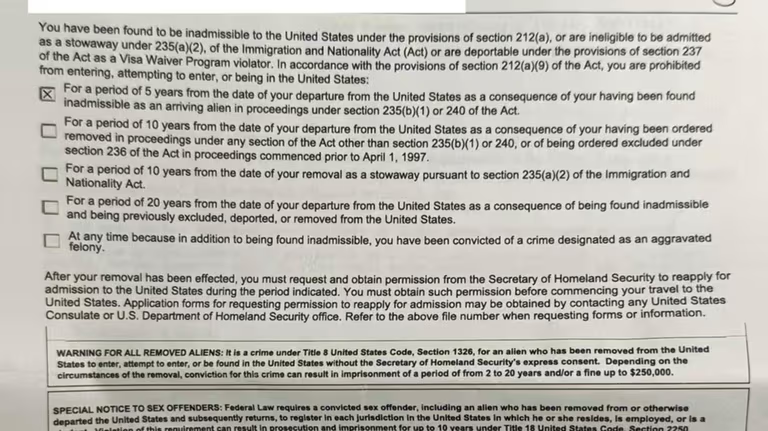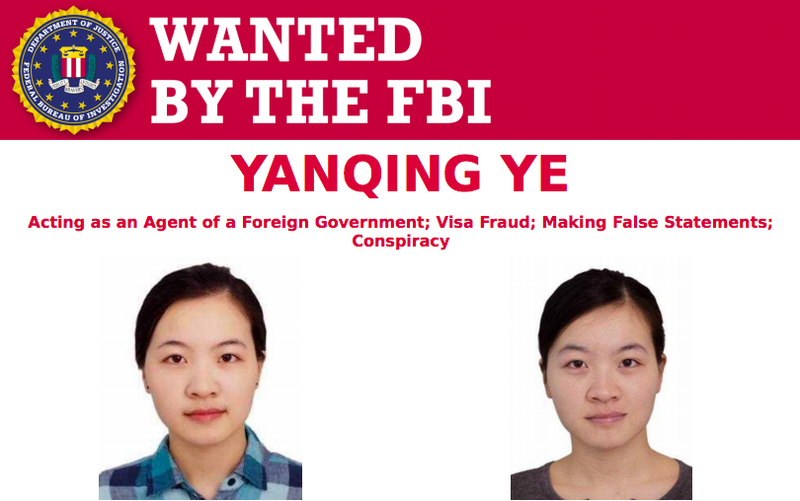
In the United States, strict security checks are nothing new. Yet when a Chinese student, hereafter referred to as Gu, was stopped at the airport and deported, it was not because he carried contraband but due to his ties to the Chinese Communist Party. For Washington, even an “ordinary student” may now be considered a latent security risk.
The Double Role of Student Status
For decades, China has sent millions of students to the United States, particularly in science and technology. Once back home, their knowledge is absorbed by Beijing’s state-led system to accelerate advances in defense, cybersecurity, and industrial fields. Washington once believed academic exchange would foster openness. In reality, Beijing has institutionalized it as a primary channel for strategic theft.

The Hidden Frontline of Chip Smuggling and Military Surveillance
The earliest warning signs appeared in tech smuggling and military reconnaissance. In 2023, a Chinese student was caught transporting six restricted NVIDIA A100 GPUs through Singapore en route to China, openly saying he was “helping my country.” The following year, five University of Michigan students were charged after secretly filming U.S. military exercises near Camp Grayling; prosecutors allege they tried to delete the images afterward, and the defendants were not in custody when the charges were filed. Taken together, these cases show how Beijing exploits student status not only to evade export controls but also to gain proximity to U.S. defense sites.
Shadows Over Academic Strongholds
If tech smuggling and reconnaissance mark the frontline, Boston illustrates a deeper penetration. In 2020, the U.S. Department of Justice revealed that PLA officer Yanqing Ye posed as a student at Boston University; researcher Zaosong Zheng attempted to steal cancer cell samples; and Harvard professor Charles Lieber was convicted in 2021, sentenced in April 2023, and by April 2025 had joined Tsinghua Shenzhen International Graduate School as a Chair Professor. These cases indicate that China’s infiltration targets not only hardware but also biomedical research and academic leadership, striking at America’s most influential centers of knowledge.

A Systemic Model of Espionage
More troubling still, these cases are not isolated—they reflect a systemic model of intelligence gathering. The Stanford Review revealed Beijing’s reliance on “non-traditional collection”: operatives posing as students to approach sensitive research groups, scholarship recipients compelled to file regular reports, and China’s 2017 National Intelligence Law mandating that all citizens, wherever they are, cooperate with state intelligence. In effect, Chinese students abroad have been folded into an institutionalized apparatus, posing a sustained threat to academic freedom on U.S. campuses.
China’s intelligence operations are steadily eroding U.S. academic freedom and campus security. While Washington has expanded visa revocations and deportations, government action alone is insufficient. Universities must implement stronger safeguards and due-diligence practices, and researchers and businesses must remain vigilant. Only by confronting this hidden war can the U.S. and its allies safeguard both academic openness and national security.